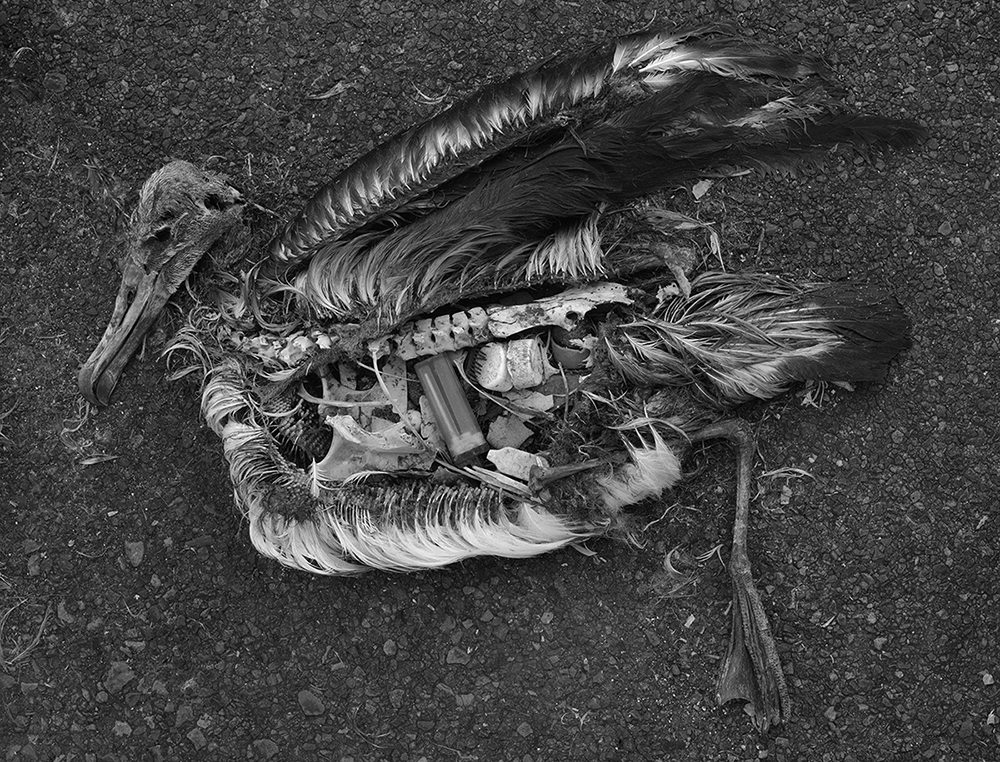Environmental Racism: “Toward the Fossil-Free Future: Food, Farming, Fracking, Climate & Justice” was the topic of a recent zoom lecture by scientist and writer Sandra Steingraber.
Fossil fuel extraction is a form of environmental racism, Steingraber said. Factories, refineries and power plants that pollute are located in poor socio-economic regions of the country, rarely areas of wealth and power.
She said we now have the technological ability to completely transition to clean, renewable energy and nuclear power is not needed for that transition.
The rise of fossil fuels accelerated after World War II and created what she calls the “unholy trinity” of gas, oil and coal.
Steingraber was one of the leaders protesting establishment of a fracked gas storage hub under Seneca Lake in upstate New York that had been proposed by Crestwood Midstream. She participated in civil disobedience and spent two 15-day jail sentences. Despite losing two court cases, the protest movement prevailed and the company withdrew its proposal.
Steingraber grew up in Pekin and earned degrees from Illinois Wesleyan, Illinois State University and University of Michigan. She was scholar in residence at Ithaca College until her recent retirement.
She said her role after retirement will be to provide research to help activists access the science needed to support their advocacy for clean, renewable power, chemical-free food and environmental protection.
Her presentation was hosted by the Ecology Action Center in Normal.

The stomach contents of a dead albatross chick includes plastic waste. (IMAGE BY CHRIS JORDAN, WIKIMEDIA COMMONS)
U.S. failure to regulate plastic pollution: The United States is the only major nation in the world not to have fully implemented the 1989 United Nations Basel Convention on the shipment of hazardous waste that was revised in 2021 to include plastic, according to a report in Mongabay.
The amount of plastic produced in developed nations continues to rise. The United States, for example, produced 390,000 tons in 1960, which rose to 35.68 million tons in 2018, according to the U.S. Environmental Protection Agency.
Look no further than Preston Jackson’s whale sculpture “Shirley Armstrong” to see some of the real dangers of plastic waste. The sculpture is of a sperm whale dying from all the plastic bottles she has ingested from ocean pollution.
The Mongabay article states the United States is a major dumper of hazardous waste globally including plastics.
Plastic debris causes the deaths of more than a million seabirds every year, as well as more than 100,000 marine mammals, according to UNESCO.
According to the World Wildlife Fund, marine turtles see plastic bags as jellyfish or something else edible. And even if they don’t eat the waste, at least 1,000 die from entanglement in plastic materials every year.
Increasing toxicity of pesticides: The toxicity of almost 400 pesticides has doubled in the past two decades, according to an article in Environmental Health News. The change is especially damaging for pollinators and aquatic invertebrates.
Contrary to the claims of the agri-chemical industry, there has been an increase not a decrease in the damage caused by toxic pyrethroids and neonicotinoids.
Especially alarming is that neonicotinoids are systemic, are absorbed by plants and bind to water so natural filtration in streams, rivers and wetlands does not help reduce damage to aquatic species.
The article found pesticide use in the Midwest is 2.5 times higher than in other regions of the United States.

Recent Comments